PARÂMETROS MICROBIOLÓGICOS DAS DESCARGAS DE ÁGUAS PLUVIAIS DO RIO BELÉM – ANO II DE MONITORAMENTO
INTRODUCTION: Rivers are essential to life, but they face serious impacts from urbanization, such as pollution and environmental degradation. Fecal contamination and the presence of antibiotic-resistant bacteria are common problems in urban areas. In Curitiba, the Belém River exemplifies these issues, with high levels of pollutants and inadequate sanitation infrastructure. The project’s hypothesis is that monitoring the microbiological quality of stormwater discharges into the river, aimed at identifying illegal sewage connections, can assist government decision-making for improvements in urban sanitation. AIMS: The objective of the present study was to periodically monitor the microbiological quality of stormwater discharges into the Belém River along the PUCPR campus in Curitiba. MATERIALS AND METHODS: Water samples were collected at three stormwater discharge points into the Belém River within the campus area, as well as from the riverbed itself. Four sampling campaigns were carried out between October 2024 and June 2025, at least 24 hours after rainfall events. The multiple-tube method was used to detect total and thermotolerant coliforms, with both presumptive and confirmatory tests. To assess antimicrobial resistance, the agar diffusion test (Kirby-Bauer) was applied to isolated enterobacteria. RESULTS: The samples showed high levels of coliforms, indicating fecal contamination. Antibiotic-resistant bacteria, such as ampicillin-resistant strains, were also identified, revealing a public health risk. FINAL CONSIDERATIONS: Analyses of the Belém River confirmed fecal contamination by fecal coliforms and the presence of multidrug-resistant bacteria, indicating illegal sewage connections and public health risks, reinforcing the need for continuous monitoring. The data obtained are relevant for municipal authorities and sanitation companies, as they indicate that most pollution sources are external to the campus. The study reinforces the need for continuous monitoring and deeper investigation into contamination sources to support effective decisions and actions aimed at environmental recovery and public health protection.
KEYWORDS: Water analysis; Antimicrobial resistance; River pollution; Belém River; Microbiological quality.
Votação encerrada.




